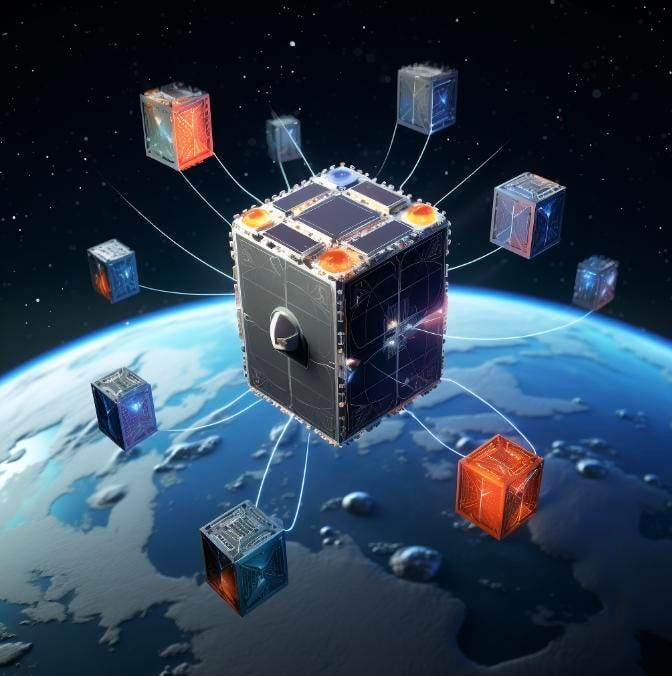As part of pioneering the security of satellite communication in space, NASA is funding a groundbreaking project at the University of Miami’s Frost Institute for Data Science and Computing (IDSC) which will enable augmenting traditional large satellites with nanosatellites or constellations of nanosatellites.
These nanosatellites are designed to accomplish diverse goals, ranging from communication and weather prediction to Earth science research and observational data gathering. Technical innovation is a hallmark of NASA, a global leader in the development of novel technologies that enable US space missions and translate to a wide variety of applications from Space and Earth science to consumer goods and to national and homeland security.
With advances in satellite technology and reduced cost of deployment and operation, nanosatellites also come with significant challenges for the protection of their communication networks. Specifically, small satellites are owned and operated by a wide variety of public and private sector organizations, expanding the attack surface for cyber exploitation. The scenario is similar to Wi-Fi network vulnerabilities. These systems provide an opportunity for adversaries to threaten national security as well as raise economic concerns for satellite companies, operators, and users.










Comments are closed.